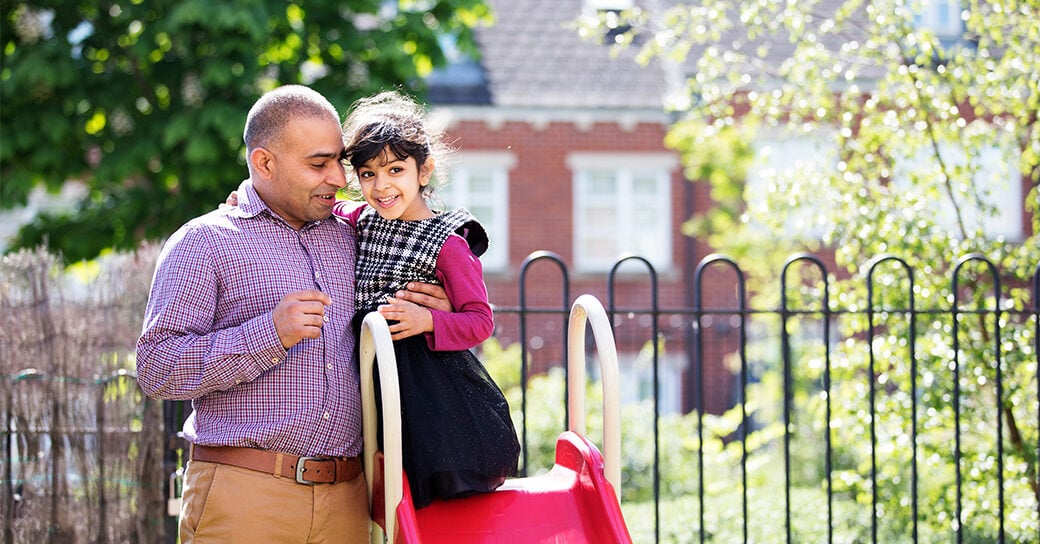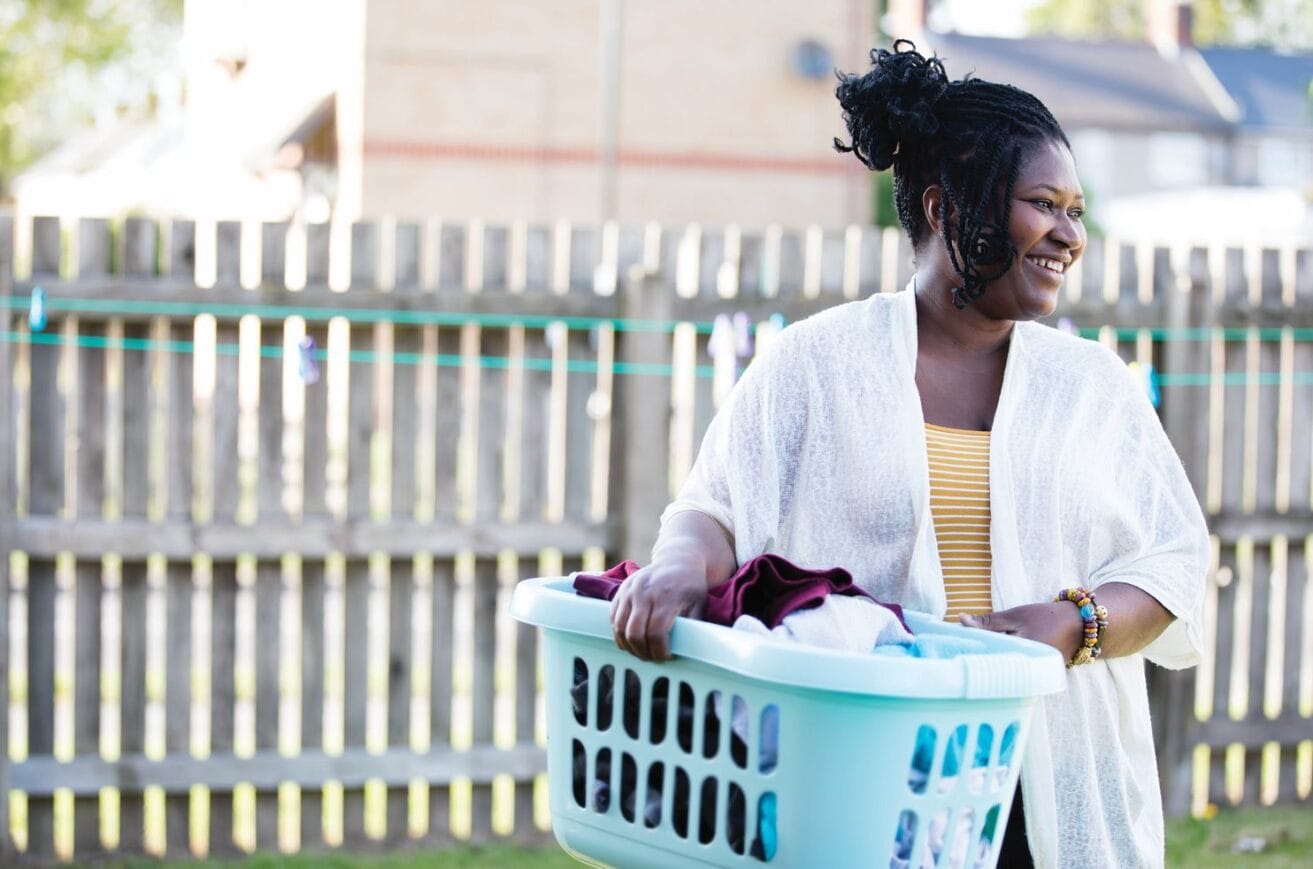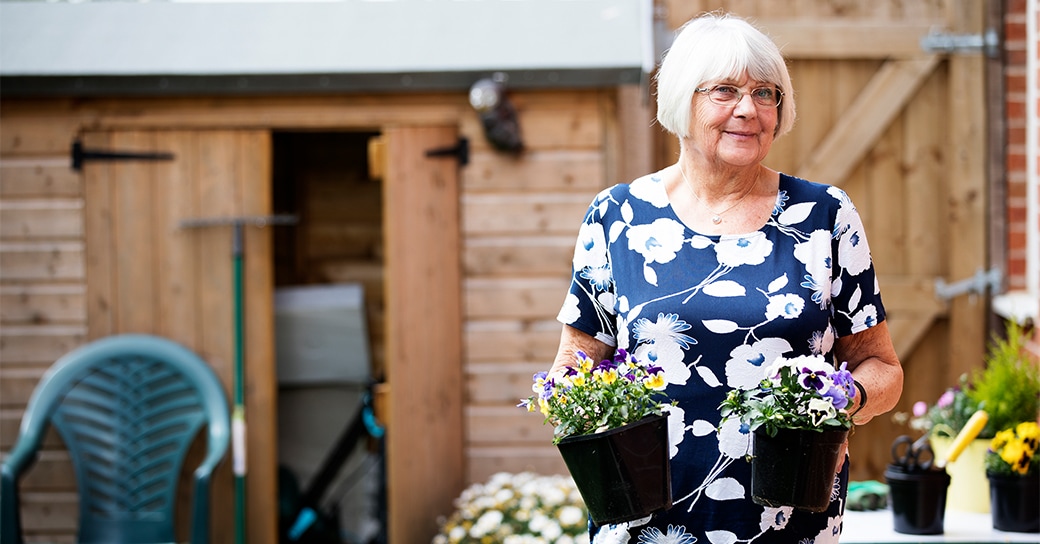
Places for People: How to save for a Shared Ownership home
Get on the property ladder with Shared Ownership
Budgeting for a home can be one of the most challenging parts of the home-buying process. The process might seem confusing, but the savings should be more manageable due to the low deposit needed. As a modern route to homeownership, many home buyers don’t understand the financial ins and outs of purchasing a Shared Ownership home, making the experience more complicated than a traditional open market purchase.
However, with a little investigation and planning, you can easily map out your savings goals and start moving towards your dream of a place to call home.
Budgeting for a Shared Ownership home
The first step to a Shared Ownership home is budgeting. You’ll need to figure out how much you can afford to put down as a deposit and how much you can afford on an ongoing basis for your rent – this will give you a ballpark for how much you can afford to spend. You’ll also need to establish any additional expenses that come with homeownership and how you’ll afford your future payments once you’ve secured the property.
Saving your Shared Ownership deposit
The wonderful thing about a Shared Ownership home is that you only purchase a percentage of the property. Therefore, the deposit required is much smaller than that of a traditional home purchase.
A typical share in a Shared Ownership home can be between 25%-75%. You’ll need to take out a mortgage for your percentage share or pay for it outright. A typical deposit for a Shared Ownership property is around 5%-10% of the value of your share. So, if you were to buy a 25% share in a home worth £300,000, your stake would be £75,000. If you pay a 5% deposit, you must save £3,750 to secure the property.
This is a significant contrast to the large deposits that traditional homeownership requires, making it clear why Shared Ownership is gaining such popularity.
Shared Ownership mortgage broker fees
Once your deposit is in place, it’s time to get the ball rolling by securing your mortgage. A mortgage broker does the leg work for you, trawling through mortgage lenders to find the best deal – which is particularly beneficial when buying a Shared Ownership property as your options might be more limited.
In most instances, there is usually a fee required for this service. Most mortgage brokers will take their cost through one of two ways, either through a fixed fee or a percentage of the purchase price of your home. Their preferred payment method, the costs involved and when their payment is taken should be explained to you clearly before they take on the work.
Shared Ownership solicitor fees
In order to purchase your Shared Ownership home, you’ll require a solicitor or licensed conveyancer to carry out the needed legal work. You must enlist the services of a solicitor before your mortgage application can be submitted.
Solicitor fees will usually be based on a fixed-cost basis. Still, confirming this before they begin work on your case will provide peace of mind.

Shared Ownership Stamp Duty
Stamp Duty Land Tax (SDLT) is another element you must consider when purchasing a Shared Ownership property if this cost applies to you. However, it’s important to note that first time buyers of Shared Ownership homes in England will pay zero Stamp Duty on the first £425,000 of any home that costs under £625,000.
If you are a first time buyer that is required to pay SDLT, you will have the option of paying the complete amount on the full value of the home, as if you were buying it outright, or paying SDLT on the percentage you’re currently purchasing.
For example, if the market value of the freehold is £140,000, and you buy a 50% share for £70,000, if you choose to pay Stamp Duty on the total market value of the property, you would pay SDLT at 0% on £125,000 and 2% on £15,000, totalling at £300.
There are benefits to both methods. For example, paying the full SDLT outright means that you won’t have to fork out more money further down the line, even if you proceed to own 100% of the property at a later date at a higher price. On the other hand, if you choose only to pay SDLT on your percentage of the home, your fees will be considerably lower than those who opt for the traditional homeownership route.
Choose not to pay SDLT on the total value of your home at the outset and you will not be liable to pay more SDLT until you’ve purchased an 80% share in the property.
Calculating SDLT fees can be complicated, so it’s advisable to seek the professional assistance of your solicitor or another legal advisor to work out this figure. You may also be liable to pay for this assistance upfront to establish which available option suits your circumstances.
Additional moving costs
Sometimes there are costs you can’t account for or that are additional to your purchase, such as moving costs. Many property experts and housing associations, such as Places for People, advise keeping a £3,000 to £5,000 contingency to hand for these expenses.
The monthly cost of a Shared Ownership home
Once you’ve secured your Shared Ownership home, your payments don’t stop. Now it’s time to repay your mortgage, cover your remaining rent and pay any service charges you may have connected to your new home.
Mortgage
Just like a traditional mortgage, you will need to repay your Shared Ownership mortgage each month until the total amount has been paid. The monthly output of your mortgage will depend on the full value of your share, the deposit you put down, the remaining length of your mortgage term and the interest rate.
Rent
Shared Ownership homes are sold on a leasehold basis, which means you will have to pay a small amount of rent to your housing provider each month on top of your mortgage.
When a lease is first issued, the rent you pay is typically around 3% of the share still owned by your housing provider but can differ. This means if you buy a 50% share in a home worth £200,000, the equity you would pay rent on would be £100,000.
Obviously, the rent you pay will vary from property to property, the share you’re purchasing, and the property’s market value. It’s worth noting that your rent is also subject to annual increases in line with the RPI plus a small additional percentage.
Service charges
Service charges are payments made by a home-buyer to the housing association that maintain the quality of their home. These services may include the upkeep and any repairs to communal areas, insurance of the building your home is in, and any lifts, lighting, communal aerials, doors, and entry systems.
Service charges can vary from year to year, and fluctuation in price is without any limit other than that they are reasonable. However, a small selection of leases provide a fixed service charge instead, so you should always check the terms of your lease to see how your service charge will be calculated.
At the end of every financial year, your housing provider will be able to provide you with a copy of the audited accounts and clearly explain if there needs to be an increase in your service charge for the coming year.
Insurance
Building insurance will be the responsibility of your housing association. However, the cost will often be included in the service charges.
Although the building your home is located in is covered by the freeholder, it will be your responsibility to insure the contents of your new home. This cover protects items including furniture, carpets, white goods, and personal belongings in your property.
In conclusion
Shared Ownership has many perks, especially for those who previously thought they couldn’t step up the property ladder. However, a few financial requirements and nuances differ from a traditional home-buying process, and it’s essential to be aware of them before making that first step. Thankfully, with the proper research and advice from legal and property experts, you can get your finances in order to purchase that dream home.

Share to Buy is a one stop shop for affordable homes. On our website, you can search for properties, compare mortgages and find out all you need to know about alternative home-buying schemes such as Shared Ownership via our article index.